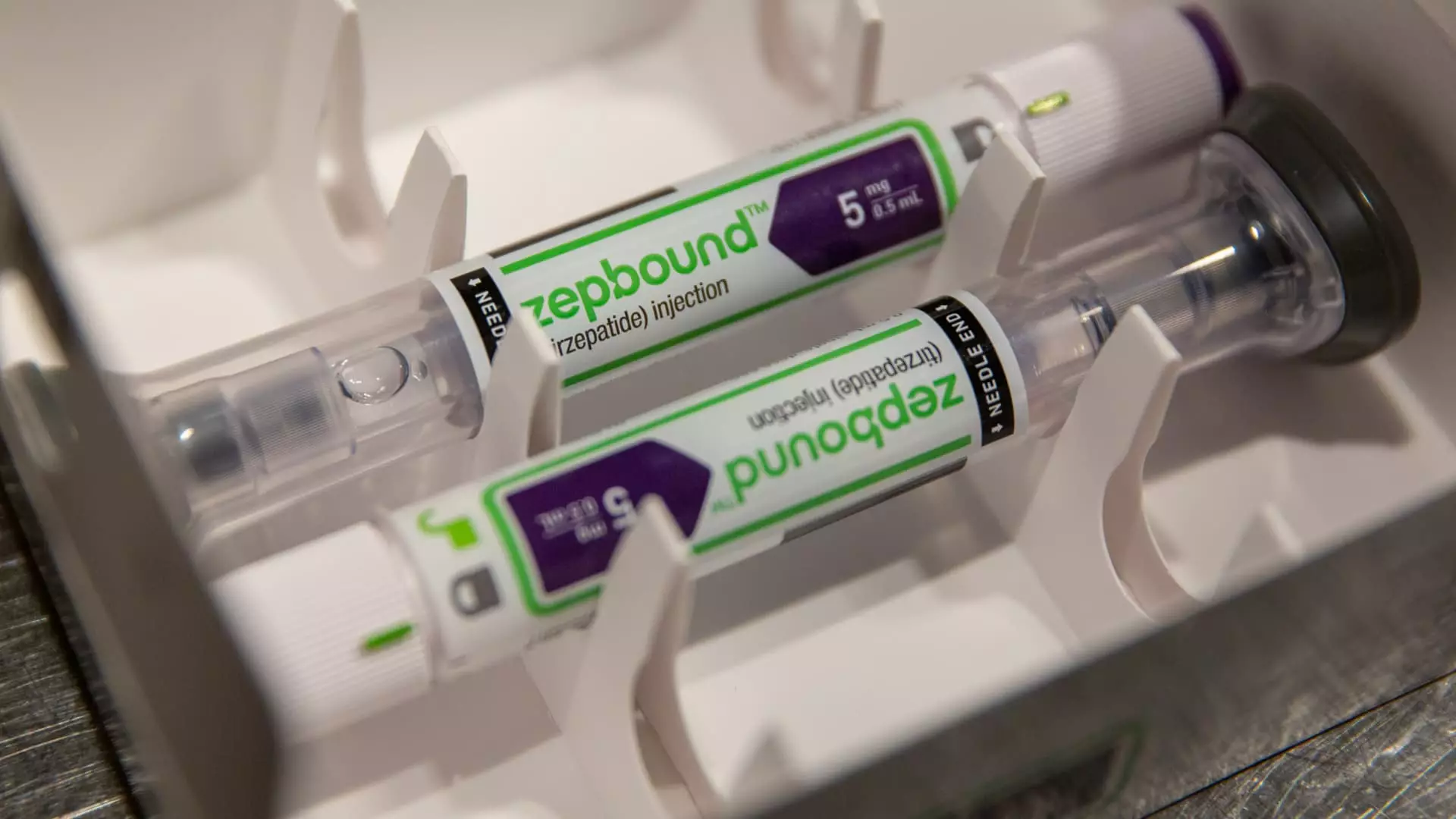Eli Lilly’s weight loss drug Zepbound has shown significant benefits in patients with a common type of heart failure and obesity, as per the late-stage trial data released by the company. The findings reveal that Zepbound, along with other popular GLP-1 drugs, offers health advantages beyond weight loss promotion and blood sugar regulation.
The study demonstrated that patients who took Zepbound were 38% less likely to be hospitalized or die due to heart complications compared to those who received a placebo. Additionally, Zepbound users were less likely to require an increase in their heart failure medication. Eli Lilly stated that the drug also notably improved heart failure symptoms and physical limitations in patients.
The trial, which spanned a median of two years, monitored over 700 patients with heart failure with preserved ejection fraction (HFpEF) and obesity, with some patients also having diabetes. HFpEF occurs when the heart cannot pump enough blood to meet the body’s needs, leading to symptoms like fatigue, shortness of breath, and reduced exercise capacity.
Eli Lilly estimates that nearly half of all heart failure cases are due to HFpEF, affecting around 6.7 million U.S. adults. With close to 60% of these patients also being obese, the positive outcomes of Zepbound in the trial hold promising implications for a substantial portion of the population suffering from heart failure.
The safety data for Zepbound showed consistency with previous studies of the drug. The most common side effects reported were gastrointestinal, such as nausea and diarrhea, and were generally mild to moderate in severity. Eli Lilly plans to present the trial data at an upcoming medical meeting and submit it for publication in a peer-reviewed journal.
Eli Lilly’s main competitor in the GLP-1 market, Novo Nordisk, has already taken steps in a similar direction by submitting an application for the use of its weight loss drug Wegovy in treating HFpEF patients. The pharmaceutical giants are also exploring the efficacy of their drugs in conditions like chronic kidney disease and fatty liver disease.
GLP-1 drugs, including Zepbound, mimic gut hormones to suppress appetite and regulate blood sugar levels. Unlike Wegovy, which targets only GLP-1, Zepbound targets both GLP-1 and GIP hormone receptors. This multifaceted approach could offer unique benefits to patients with heart failure and obesity, setting it apart in the market.
Eli Lilly’s weight loss drug Zepbound has showcased encouraging results in patients with heart failure and obesity, presenting a new avenue for treatment in this population. With the potential to improve symptoms, reduce hospitalizations, and enhance quality of life, Zepbound’s distinct mechanism of action marks a promising development in the realm of pharmaceutical interventions for heart failure.

Leave a Reply